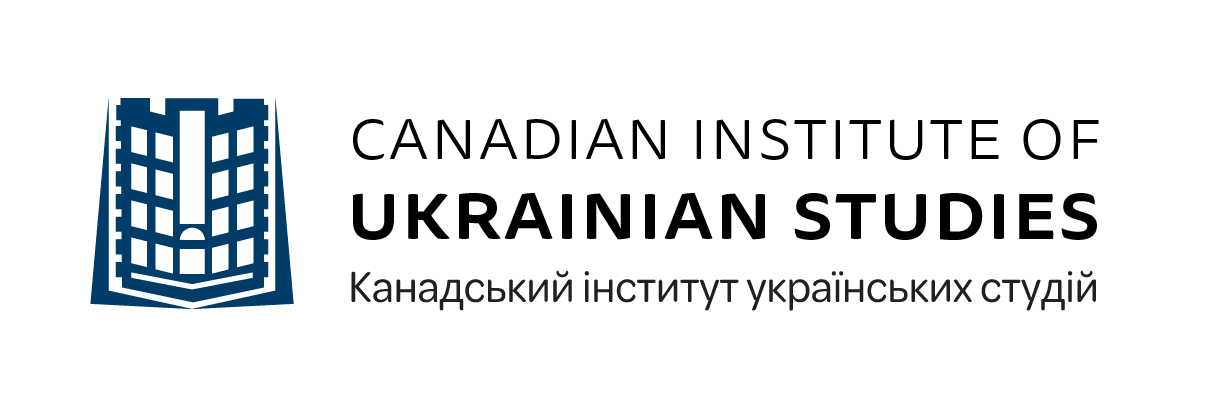Final report
Detailed information about the project
CityFace is an inter-university project for the exploration and rethinking of the symbolic space of several key cities in eastern and southern Ukraine – Dnipro, Donetsk, Zaporizhia, Odesa, and Kharkiv. The project was implemented during 2018-2021.
Project CityFace is an interdisciplinary study of the symbolic space of five Ukrainian cities, aiming to reveal their ‘faces’ and analyze the transformations of their inhabitants’ identities over time. In our research, we draw on visual materials and maps, memoirs and oral testimonies of the target cities’ residents, local periodicals, official documents, and other relevant source groups.
The project focuses on sites of collective memory, commemorative practices (ceremonies of honoring the memory of persons or events), and practices of urban self-representation (such as the use of symbols and emblems, formation of pantheons of local heroes, or memorialization of certain ‘key’ or symbolic events and dates).
What we have done so far:
- We have set up a website for the project – a forum for the scholarly discussion of the specifics and features of the evolution of the symbolic space of Ukraine’s cities.
- We have created and are continuing to add contents to the database “The Symbolic Space of the Cities of Eastern and Southern Ukraine” – an open resource, the materials of which can be freely used for research.
- We have initiated field studies aiming to create a photographic record of symbolic space and ‘sites of memory,’ analyze museum collections and expositions, and map symbolic objects.
- We have begun interviewing and distributing questionnaires among the stakeholders in the transformations of urban symbolic space (approximately 500 filled questionnaires and 10 semi-structured interviews have been collected).
- We have organized 9 academic seminars on cultural heritage and historical memory and on the use of information technology in urban studies.
- Project participants have taken part in more than 60 events to promote the project and publicize our research.
- More than 10 presentations have been given in the project’s target cities to promote the study of the tangible and intangible cultural heritage of Ukrainian cities.
Coordinators: Sergiy Posokhov (Head), Yevhen Rachkov (Assistant to the Head), Volodymyr Kulikov, Roman Liubavskyi, Oleksii Musiyezdov.
Participants (full list): the project brings together more than 60 researchers from 5 Ukrainian cities, mostly faculty from the V. N. Karazin Kharkiv National University, as well as Oles Honchar Dnipro National University, Vasyl Stus Donetsk National University, Zaporizhia National University, and I. I. Mechnikov Odesa National University.
The project has become possible thanks to the financial support of the Kowalski Program and the Contemporary Ukraine Studies Program at the Canadian Institute of Ukrainian Studies, University of Alberta (Edmonton, Canada).
